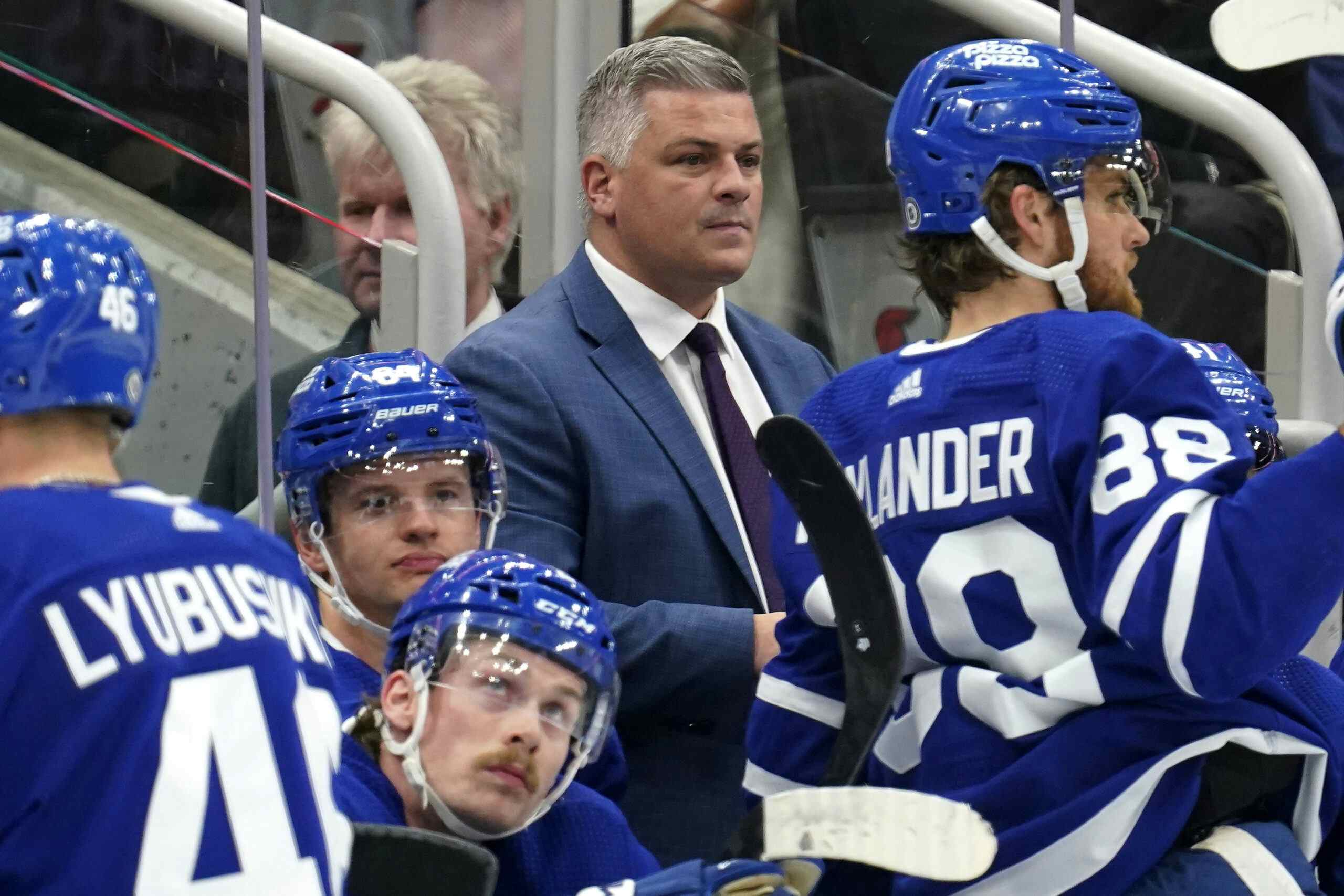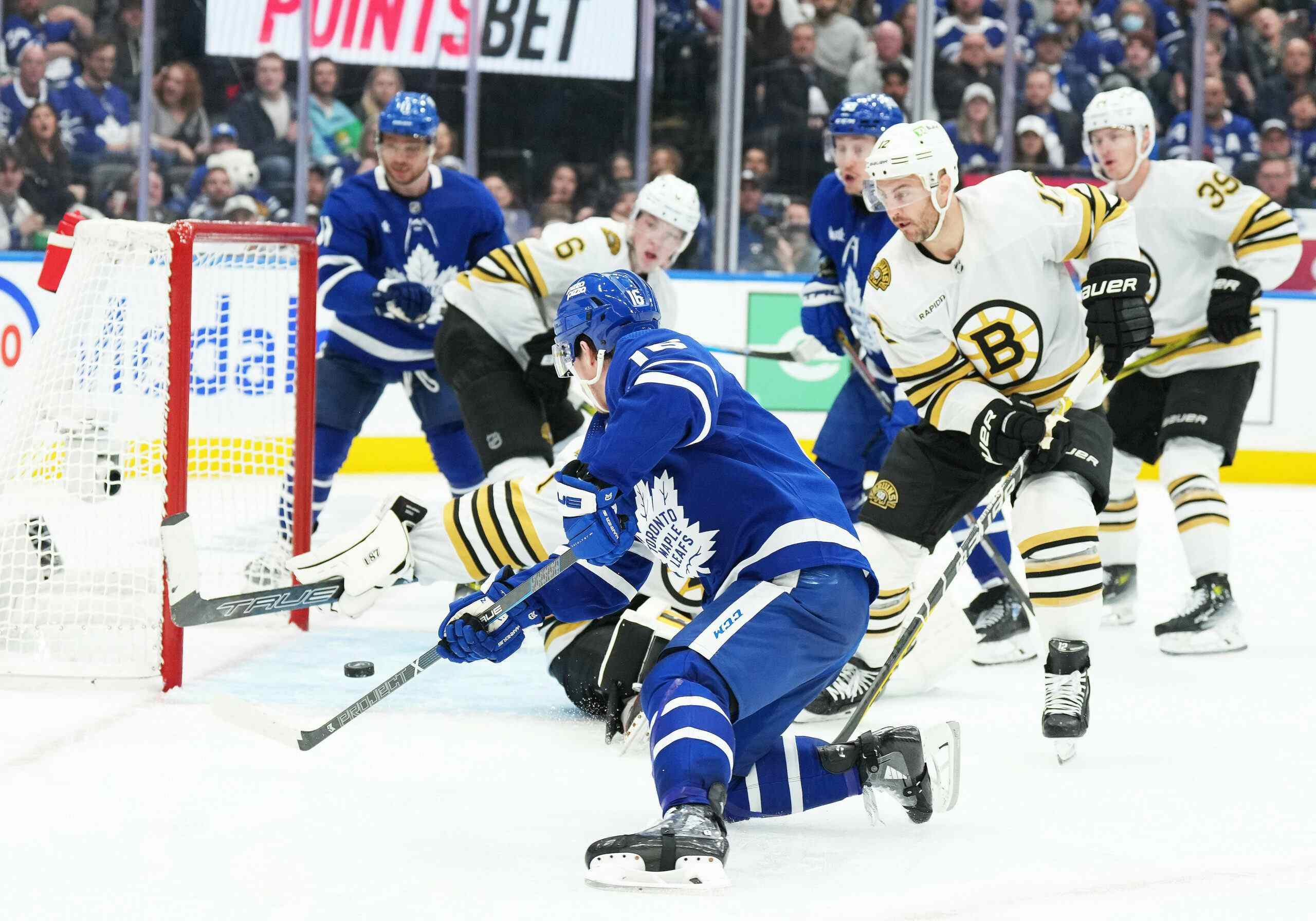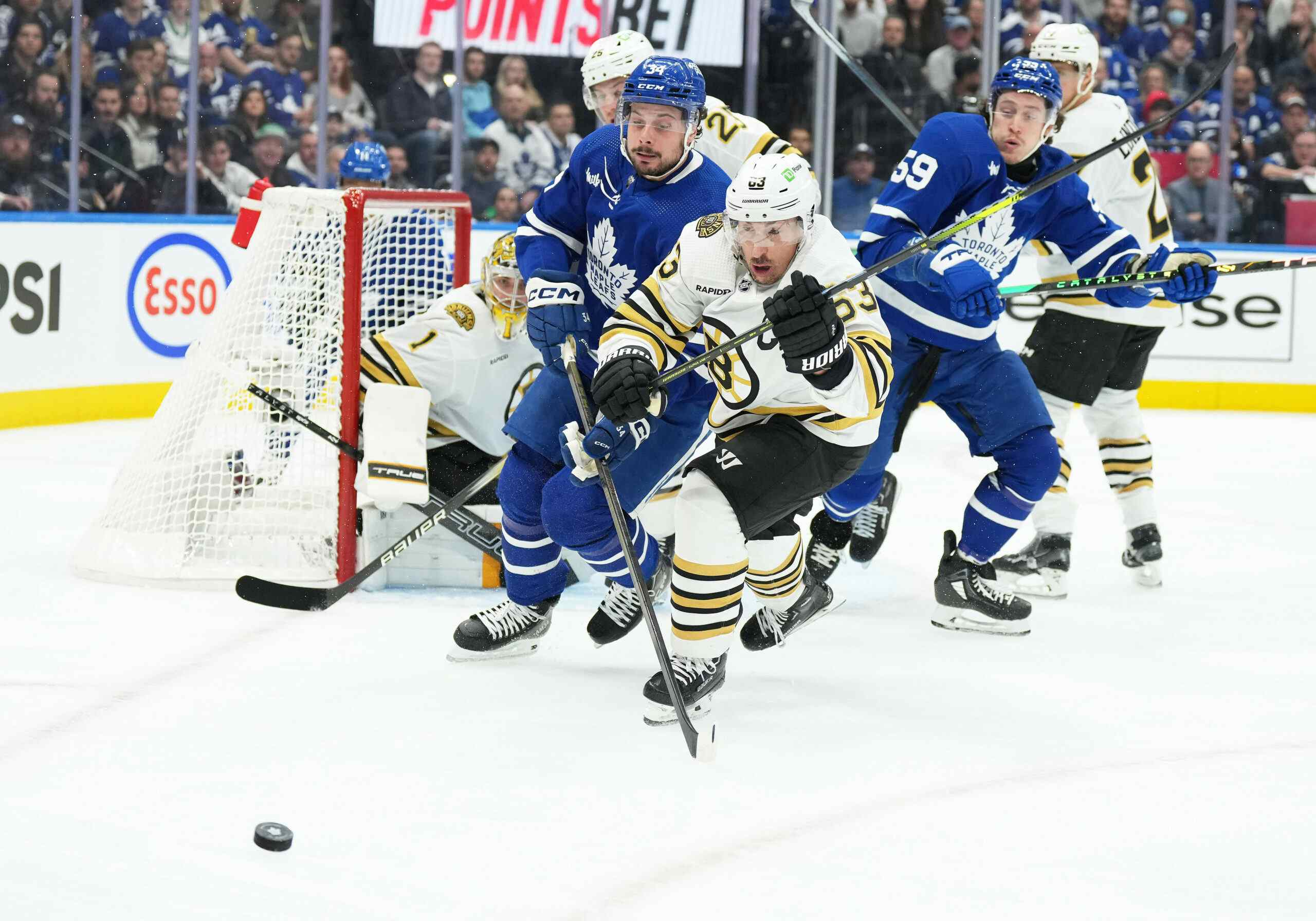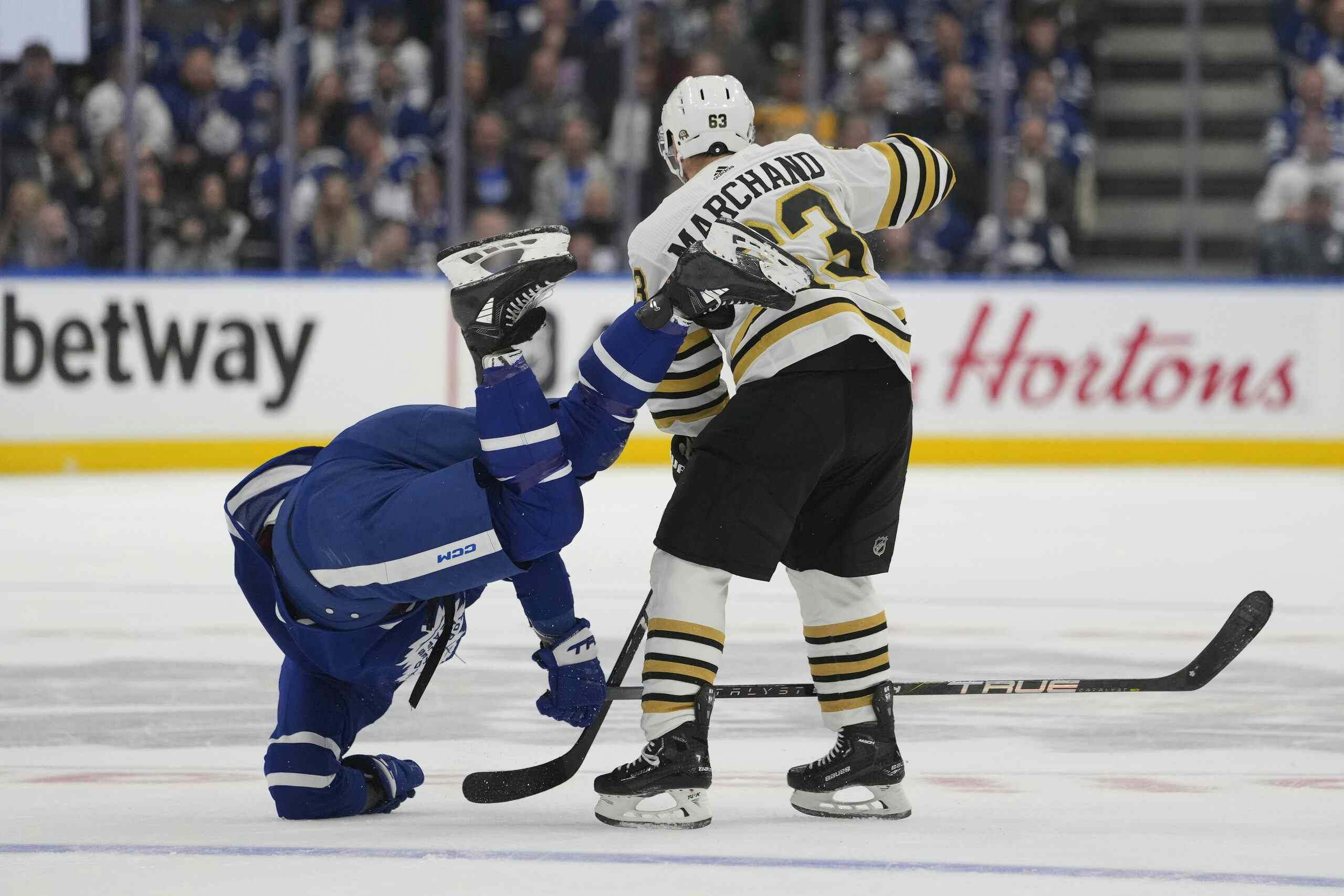Brad Ross signs with Iserholn Roosters in best-case scenario for all parties

It appears that Brad Ross’ tenure in the Toronto Maple Leafs is coming to an end. The Iserlohn Roosters of the Deutsche Eishockey Liga (DEL), have come to terms with the 23-year old winger, signing him to a one-year contract. We can also report that Ross has a player-option to extend it to a two year deal, should he feel inclined.
To say that things haven’t gone as planned for the 23-year old forward would be a gigantic understatement. In a lot of ways, Ross was a poster boy for the Brian Burke era, where skill was valued, but a certain emphasis was put on acquring players who would wreak physical and mental havoc on the ice. Ross was a player who, while not huge, was far from undersized, and loved to throw the body and get under people’s skin.
When the opportunity was there for Toronto to draft him, they knew they had to do it. They didn’t have the required draft pick, so they traded Jimmy Hayes to the Chicago Blackhawks for the 43rd position in the draft.. Ross had just come off of a near point-per-game season with the Portland Winterhawks where he had amassed 203 penalty minutes. Fourth overall pick Ryan Johansen, a teammate of his, had only one more point, and only eight weeks separated them in age. It made sense.
But it didn’t work out. While his top prospect saw a 23-point improvement in his Draft+1 year, Ross lost his spot as Portland’s top left winger to Sven Baertshi and only improved by a single poin. To make matters worse, eh scored just six points in sixteen playoff games. This lead to him staying another season, and while his totals went up, they still weren’t up to speed with what a 19-turn-20 year old should have been producing. Meanwhile, Hayes broke into the NHL, playing 31 games for the Blackhawks and scoring the first five goals of his career.
Ross made his jump to the professional game in 2012/13, joining an overloaded Toronto Marlies roster in their lockout season. They were stuffed with a blend of veterans like Keith Aucoin, Ryan Hamilton, and Mike Zigomanis, and high profile prospects such as Nazem Kadri and Jake Gardiner. There simply wasn’t room for middle-ground players, especially if they weren’t a part of the prior year’s roster. At this point, Toronto was also lacking an ECHL affiliate, so there was a bit of hesitance to send prospects to be developed on teams where they could be controlled.
In hindsight, it makes you appreciate the new vision that Kyle Dubas and the rest of Leafs management have for player development. Even though he didn’t have the same pedigree as he did when he was drafted, there were still a lot of different directions that the team could have went with developing him. Instead, Ross was played sporadically and under limited, bottom-six style minutes, and picked up just eleven points. This created a vicious circle in future years; he earned fewer opportunities due to being percieved to be lower in the depth chart, which meant less success, which meant fewer opportunities. Ross dialed up his “edge” in 2013/14, picking up 104 penalty minutse, but he only scored six goals in 53 games.
This year was the proverbial brick wall for the out of control car. In January, Ross recieved a 20 game suspension for a violation of the American Hockey League’s substance rules. “I truly want to apologize to the entire Leafs organization, my teammates, friends, family, and fans,” he said at the time of the suspension. “I should have been fully mindful of anything entering my body and I understand the consequences. However, I did not at any time intentionally attempt to enhance my performance.” Ross had taken in this substance over the summer, but it was part of what he assumed to be a normal supplement and was unaware of it’s presence.
In any event, the suspension served as proof that performance enhancers don’t magically make you an elite athlete. Despite constant efforts to be in the gym and working with the staff, Ross struggled again, scoring just 4 goals and 4 assists in 32 games with the Marlies. He ended up spending 10 games with the Orlando Solar Bears as a result, where he fared much better; the increased role lead to him picking up eleven points in ten games. When their season finished, however, he wasn’t called back up; signalling the end of his time here.
In Iserlohn, Ross gets a completely fresh start. He doesn’t have to worry about the reputation that he used to have as a “top prospect”. He doesn’t have to worry about the “bust” label that many have attached to him. Similar to his brother Nick, who plays in Austria, he heads to Europe as just another talented hockey player in his twenties trying to make a living out of playing the game he loves.
The Roosters are certainly excited about thie idea “Brad is a player that our fans will surely like to watch on the ice.” said Iserlohn general manager Karsten Mende. “He’s an incredibly hard worker, brings a lot of energy into the match and has always presented himself as a truly unpleasant opponent.” Coach Jari Pasenen feels confident in Ross’ ability to rebound. “A young person can make mistakes. We’ll help him find success again.”
It’s a fantastic scenario for everybody involved. In the case of the Leafs, they can continue to close the book on an era of poor player development and talent evaluation, and learn from the mistakes they’ve made with Ross. Knowing that he has other plans makes it that much easier to pass on tendering a qualifying offer in June. For the Roosters, they pick up a gritty player who showed in his brief ECHL stint that he can still play the game if given the minutes. Lastly, for Ross, he gets a new lease on life. After all, while Brad Ross may not have been as good as the Leafs thought he was in 2010, he’s probably better than they left him in 2015.
Photo courtesy of Christian Bonin / TSGPhoto.com
Recent articles from Jeff Veillette





